Ultimate Interview Guide: How to Avoid 5 Common Mistakes and Ace Any Job Interview in 5 Powerful Steps (My Personal Story)
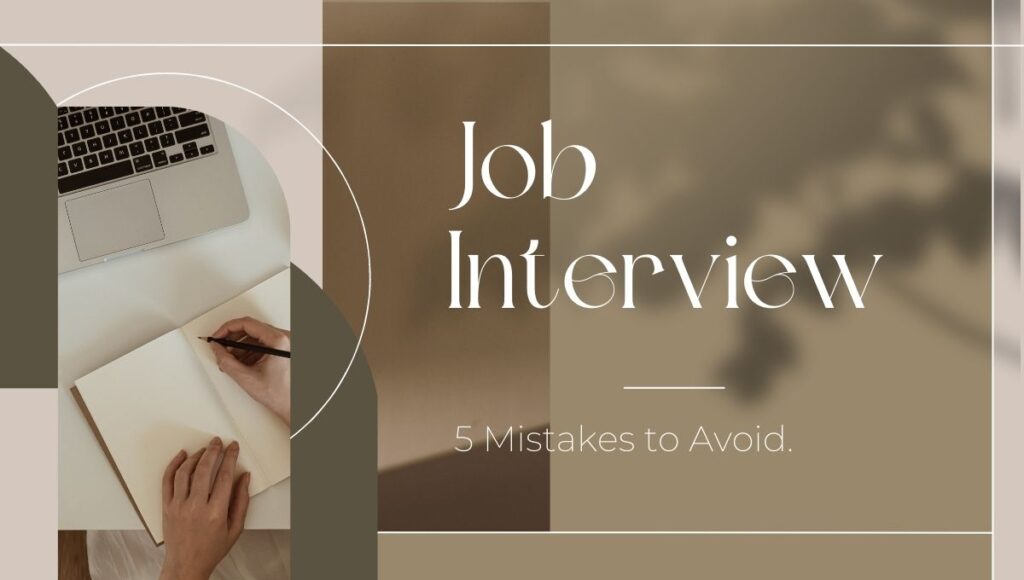
Introduction
Hi there, welcome to my blog! I’m so glad you’re here.
If you’re reading this, chances are you’re looking for some tips and tricks on how to ace any job interview. You’re not alone. I know how stressful and nerve-wracking it can be to face a panel of strangers who will judge your every move and decide your fate.
I’ve been there. I’ve gone through countless interviews in my career, some successful, some not so much. I’ve learned a lot from my experiences, both good and bad. And I want to share them with you.
In this blog post, I’m going to show you how to avoid 5 common mistakes that can ruin your chances of getting hired, and how to follow 5 easy steps that will help you nail any job interview.
These are the same tips and tricks that helped me land my dream job as a content writer for a leading digital marketing agency.
Yes, you read that right. I’m a content writer. And I love my job.
But it wasn’t always like this. In fact, just a few months ago, I was in your shoes. I was looking for a new job, and I was struggling to get past the interview stage.
I had applied to dozens of companies, but I only got a handful of responses. And most of them were rejections.
I couldn’t understand what I was doing wrong. I had the skills, the qualifications, and the experience for the roles I was applying for. But somehow, I couldn’t convince the interviewers that I was the right person for the job.
I was frustrated, disappointed, and demotivated. I felt like giving up.
But then, something changed.
I decided to take action and improve my interview skills. I did some research, read some books, watched some videos, and practiced a lot. I learned from my mistakes and applied what I learned to my next interviews.
And guess what? It worked!
I started getting more positive responses, more invitations, and more offers. And finally, I got the job offer that I had been dreaming of.
It was one of the happiest moments of my life.
And now, I want to help you achieve the same success.
That’s why I created this ultimate interview guide for you. In this guide, you’ll learn:
- What are the 5 common mistakes that can ruin your chances of getting hired
- How to avoid these mistakes and make a great first impression
- What are the 5 easy steps that will help you ace any job interview
- How to apply these steps to different types of questions and scenarios
- How to follow up after the interview and get the job offer
Sounds good? Let’s get started!
Mistake 1: Not Doing Enough Research on the Company and the Role of the Interview

One of the biggest mistakes that many job seekers make is not doing enough research on the company and the role they are applying for.
This is a huge mistake because it shows that you are not interested or prepared for the job. It also makes you look unprofessional and uninformed.
Think about it: Would you hire someone who doesn’t know anything about your company or your industry? Would you trust someone who doesn’t understand what your role entails or what your expectations are?
Probably not.
That’s why it’s crucial that you do your homework before the interview.
Doing research on the company and the role will help you:
- Show your interest and enthusiasm for the job
- Demonstrate your knowledge and expertise in the field
- Tailor your answers to fit the company’s culture and goals
- Prepare relevant and specific questions to ask the interviewer
- Stand out from other candidates who didn’t do their research
So how do you do research on the company and the role?
Here are some tips:
- Visit the company’s website, social media, blog, and press releases
- Read the job description, application, and email correspondence carefully
- Look for online reviews, ratings, testimonials, and feedback from current or former employees and customers
- Ask your network of contacts, referrals, or mentors who work or have worked in the company or the industry
- Find out as much as you can about:
- The company’s mission, vision, values, culture, and goals
- The role’s responsibilities, requirements, expectations, and challenges
- The industry trends, competitors, and opportunities
And how do you use this research to prepare for the interview?
Here are some tips:
- Use the information to craft your resume, cover letter, and portfolio
- Use the information to customize your answers to show how you can add value to the company and the role
- Use the information to come up with relevant and specific questions to ask the interviewer
For example, if you’re applying for a content writer role, you can use your research to:
- Highlight your relevant skills, achievements, and samples of your work
- Show how your writing style and tone match the company’s brand voice and audience
- Explain how you can create engaging and SEO-friendly content that drives traffic and conversions
- Ask questions like:
- What are the main goals and challenges of the content team?
- How do you measure the success and impact of your content?
- What are some of the best practices and tools that you use for content creation and management?
By doing this, you’ll show the interviewer that you’ve done your homework, that you’re interested in the job, and that you’re a qualified and suitable candidate.
Mistake 2: Not Practicing Your Answers to Common Interview Questions
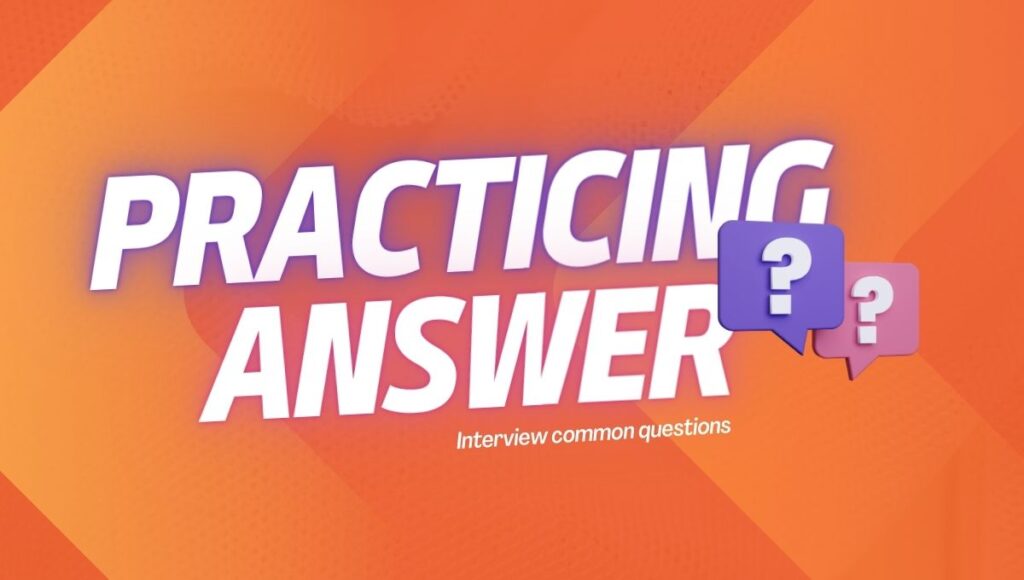
Another common mistake that many job seekers make is not practicing their answers to common interview questions.
This is a huge mistake because it can affect your confidence and performance during the interview.
Think about it: Would you go to an exam without studying or revising? Would you go to a presentation without rehearsing or preparing?
Probably not.
That’s why it’s important that you practice your answers before the interview.
Practicing your answers will help you:
- Boost your confidence and reduce your nervousness
- Improve your communication and body language skills
- Showcase your relevant skills, achievements, and fit for the job
- Avoid vague, generic, or negative responses that do not showcase your potential
So how do you practice your answers to common interview questions?
Here are some tips:
- Make a list of common interview questions that you can expect for the role and the industry
- Prepare effective and convincing answers for each type of question using concrete examples and measurable outcomes
- Use the STAR method (Situation, Task, Action, Result) to structure your answers
- Practice your answers out loud or with a friend or a coach
- Record yourself or get feedback on your answers
And what are some common interview questions that you can expect?
Here are some examples:
- Behavioral questions: These are questions that ask you to describe a situation where you demonstrated a certain skill or quality (e.g., teamwork, leadership, problem-solving, etc..)
- Example: Tell me about a time when you had to work with a difficult team member. How did you handle it?
- Tip: Use the STAR method to explain the situation, the task, the action, and the result. Focus on what you did, how you did it, and what you learned from it.
- Situational questions: These are questions that ask you to explain how you would handle a hypothetical scenario related to the role or the company (e.g., dealing with a difficult customer, resolving a conflict, meeting a deadline, etc..)
- Example: How would you handle a situation where a client is unhappy with the quality of your content?
- Tip: Use the STAR method to explain what you would do, why you would do it, and what you would expect from it. Focus on showing your logic, creativity, and adaptability.
- Technical questions: These are questions that ask you to demonstrate your knowledge or expertise in a specific area or field (e.g., coding, accounting, marketing, etc.)
- Example: How do you optimize your content for SEO?
- Tip: Use simple and clear language to explain your process, methods, tools, and best practices. Focus on showing your skills, knowledge, and experience.
- Personal questions: These are questions that ask you to tell more about yourself, your strengths, weaknesses, goals, motivations, values, etc.
- Example: What are your strengths and weaknesses as a content writer?
- Tip: Use positive and honest language to describe yourself. Focus on showing your personality, potential, and fit for the job.
By practicing these types of questions, you’ll be able to answer them with confidence and clarity during the interview.
Mistake 3: Not Dressing Appropriately for the Interview
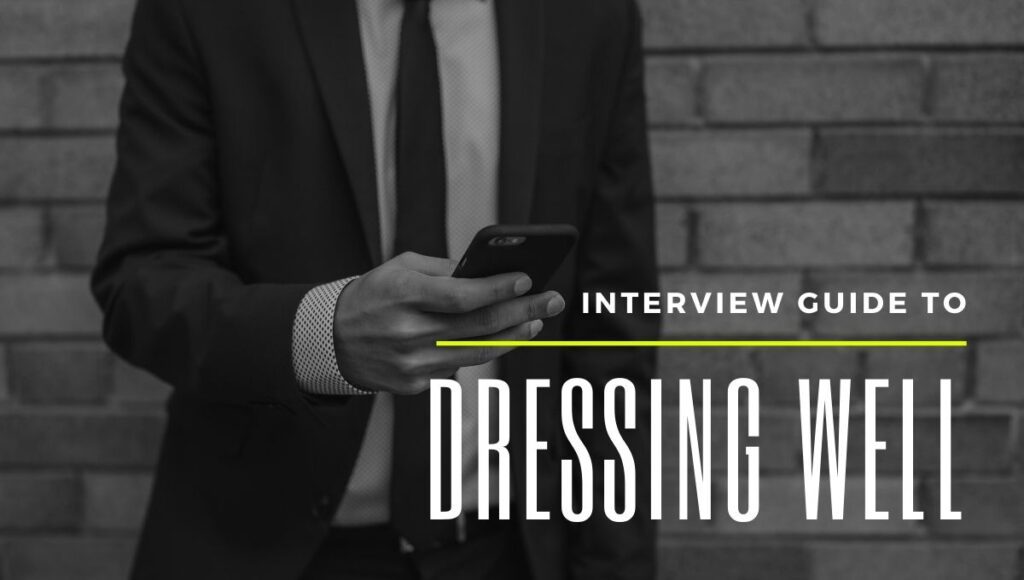
Another common mistake that many job seekers make is not dressing appropriately for the interview.
This is a huge mistake because it can affect your first impression and credibility with the interviewer.
Think about it: Would you trust someone who looks sloppy or unprofessional? Would you respect someone who doesn’t respect the dress code or the occasion?
Probably not.
That’s why it’s essential that you dress appropriately for the interview.
Dressing appropriately will help you:
- Show your respect and professionalism for the job
- Demonstrate your awareness and understanding of the company culture and dress code
- Enhance your confidence and appearance for the job
- Make a positive and lasting impression on the interviewer
So how do you dress appropriately for the interview?
Here are some tips:
- Research the company culture and dress code online or by asking someone who works there
- Plan your outfit ahead of time and try it on before the interview
- Dress for the weather and the location of the interview (e.g., indoor or outdoor)
- Check your appearance in the mirror before leaving home
And what kind of attire should you wear for the interview?
Here are some examples:
- Formal: This is the most conservative and professional dress code. It is usually required for high-level or executive positions, or for industries such as law, finance, or government. It includes:
- Suit and tie for men; suit or dress for women
- Dark or neutral colors such as black, navy, gray, or beige
- Minimal accessories such as a watch, a belt, or a pair of earrings
- Professional shoes such as oxfords, loafers, pumps, or flats
- Business casual: This is the most common and versatile dress code. It is usually suitable for mid-level or entry-level positions, or for industries such as technology, education, or media. It includes:
- Blazer or sweater for men; blazer or cardigan for women
- Shirt or blouse; trousers or skirt
- Solid or muted colors such as blue, green, brown, or white
- Simple accessories such as a scarf, a necklace, or a bracelet
- Comfortable shoes such as sneakers, boots, sandals, or wedges
- Casual: This is the most relaxed and informal dress code. It is usually acceptable for creative or casual positions or for industries such as entertainment, fashion, or art. It includes:
- Polo shirt or t-shirt for men; polo shirt or t-shirt for women
- Jeans or khakis
- Bright or casual colors such as red, yellow, pink, or orange
- Fun accessories such as a hat, a ring, or a pair of sunglasses
- Sneakers or sandals
By choosing an outfit that suits your personality, style, and comfort level while still being respectful and appropriate for the occasion, you’ll be able to impress the interviewer with your appearance.
Mistake 4: Not Showing Up On Time for the Interview
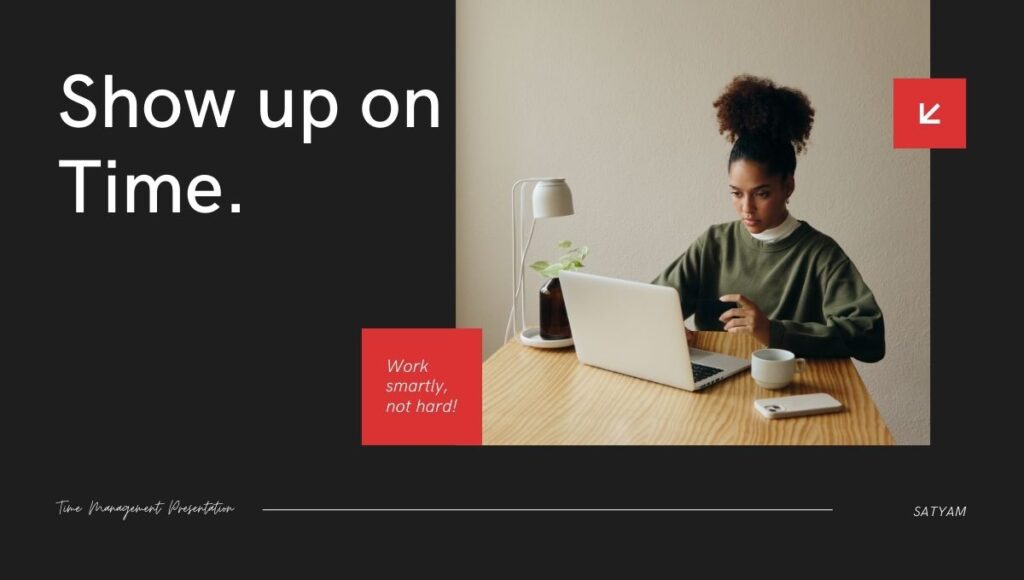
Another common mistake that many job seekers make is not showing up on time for the interview.
This is a huge mistake because it can affect your reputation and rapport with the interviewer.
Think about it: Would you hire someone who doesn’t respect your time and schedule? Would you trust someone who doesn’t keep their commitments and promises?
Probably not.
That’s why it’s vital that you show up on time for the interview.
Showing up on time will help you:
- Show your respect and professionalism for the job
- Demonstrate your reliability and punctuality for the role
- Avoid missing any important information or instructions from the interviewer
- Create a positive and friendly atmosphere with the interviewer
So how do you show up on time for the interview?
Here are some tips:
- Confirm the date, time, location, and contact person of the interview in advance
- Plan your route and mode of transportation ahead of time and check for any potential disruptions or changes
- Leave home early and arrive at least 15 minutes before the scheduled time
- Call or email the interviewer as soon as possible if you anticipate being late or unable to attend
And what should you do if you are late or unable to attend?
Here are some tips:
- Apologize sincerely and explain the reason for your delay or absence
- Express your interest and enthusiasm for the job and reschedule the interview if possible
- Follow up with a thank-you note or email to reiterate your apology and appreciation
By showing up on time for the interview, you’ll be able to show the interviewer that you’re serious about the job and that you respect their time.
Mistake 5: Not Following Up After the Interview
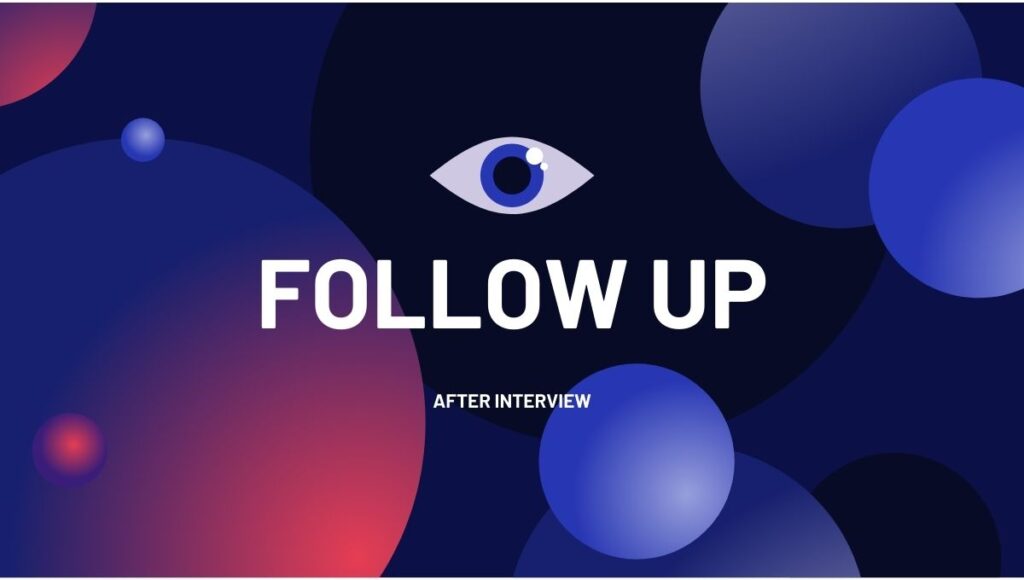
Another common mistake that many job seekers make is not following up after the interview.
This is a huge mistake because it can affect your chances of getting a job offer or feedback from the interviewer.
Think about it: Would you hire someone who doesn’t show any interest or gratitude after meeting you? Would you remember someone who doesn’t follow up with you after a conversation?
Probably not.
That’s why it’s important that you follow up after the interview.
Following up after the interview will help you:
- Show your appreciation and professionalism for the opportunity
- Reiterate your interest and fit for the job and the company
- Remind the interviewer of your qualifications, skills, and achievements
- Ask for the next steps in the hiring process and when you can expect to hear back from them
So how do you follow up after the interview?
Here are some tips:
- Send a thank-you note or email to the interviewer within 24 hours of the interview
- Express your appreciation for the opportunity and reiterate your interest and fit for the role and the company
- Highlight your main qualifications, skills, and achievements that make you a strong candidate
- Ask for the next steps in the hiring process and when you can expect to hear back from them
- Follow up with a phone call or email if you do not receive a response within the agreed timeframe
And what should you write in your follow-up message?
Here are some tips:
- Use a clear and courteous tone and language
- Address the interviewer by name and title
- Mention something specific that you learned or enjoyed during the interview
- Add value by sharing relevant information, insights, or resources that relate to the role or the company
- End with a call to action and a positive note
Here is an example of a follow-up email:
Subject: Thank you for the content writer interview
Dear Mr. Dick,
I hope this email finds you well.
I wanted to thank you for the opportunity to interview for the content writer position at XYZ Digital Marketing yesterday. I really enjoyed learning more about your company, your team, and your goals.
I was especially impressed by your recent campaign for MNO Inc., which increased their website traffic by 50% and their conversions by 25%. I think that’s a remarkable achievement and a testament to your skills and creativity.
I’m very interested in joining your team and contributing to your success. I believe that my experience as a freelance content writer, my portfolio of SEO-friendly and engaging content, and my passion for digital marketing makes me a great fit for the role.
As we discussed, I’m attaching some samples of my work for your reference. I hope you find them relevant and useful.
Please let me know if you have any questions or need any additional information from me. I look forward to hearing from you about the next steps in the hiring process.
Thank you again for your time and consideration.
Sincerely,
Satyam Pandey
By following up after the interview, you’ll be able to show the interviewer that you’re grateful, interested, and qualified for the job.
Conclusion
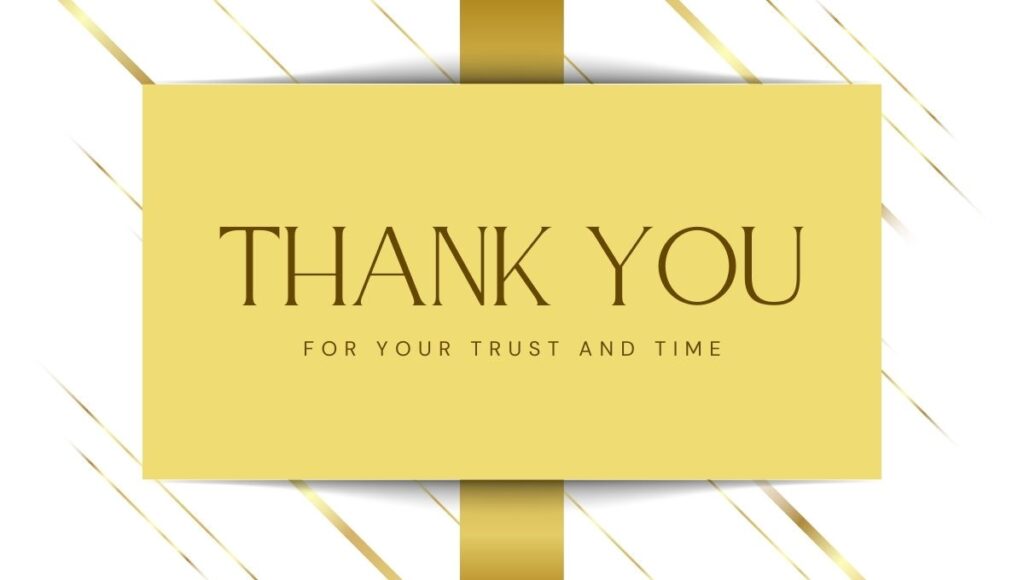
👏 Congratulations! You’ve reached the end of this ultimate interview guide.
I hope you found it helpful and informative. 😊
By following these tips and tricks, you’ll be able to avoid 5 common mistakes that can ruin your chances of getting hired and follow 5 easy steps that will help you ace any job interview. 💯
These are the same tips and tricks that helped me land my dream job as a content writer. And I’m sure they can help you too. 🙌
But remember, these tips and tricks are not enough. You also need to have a positive attitude, a strong work ethic, and a genuine interest in the job and the company. 🙏
That’s what will make you stand out from the crowd and get hired. 🚀
So what are you waiting for? Go ahead and apply these tips and tricks to your next interview. And let me know how it goes. 😊
I’d love to hear from you. You can leave a comment below, send me an email, or connect with me on social media. 📧
And if you liked this blog post, please share it with your friends, family, or colleagues who might benefit from it. 🙏
Thank you for reading this blog post. I appreciate your time and attention. 😊
And good luck with your next interview. You got this! 👍
This is Satyam signing off. Until next time, stay awesome! 😎
FAQs
How can I find out the company culture and dress code before the interview?
You can research the company culture and dress code online by visiting their website, social media, blog, and press releases. You can also ask someone who works there or who has interviewed there before. Alternatively, you can contact the interviewer or the HR department and ask them politely.
How can I use the STAR method to answer behavioral and situational questions?
The STAR method is a simple and effective way to structure your answers using concrete examples and measurable outcomes. It stands for Situation, Task, Action, and Result. To use it, you need to describe a specific situation or scenario that you faced, the task or goal that you had to achieve, the action or steps that you took to solve the problem or complete the task, and the result or outcome that you achieved or learned from it.
How can I avoid being nervous or anxious during the interview?
It’s normal to feel nervous or anxious before or during an interview. However, you can overcome these feelings by preparing well, practicing your answers, breathing deeply, smiling, and being positive. You can also use positive affirmations, visualization techniques, or relaxation exercises to calm your nerves and boost your confidence.
How can I add value to my follow-up message after the interview?
You can add value to your follow-up message by sharing relevant information, insights, or resources that relate to the role or the company. For example, you can send a link to an article, a video, a podcast, or a book that you think the interviewer might find interesting or useful. You can also mention something that you learned or enjoyed during the interview or something that you forgot to mention or want to clarify.
How can I handle a bad interview or a rejection?
If you have a bad interview or a rejection, don’t let it discourage you or affect your self-esteem. Instead, try to learn from it and improve your skills for the next opportunity. You can ask for feedback from the interviewer, analyze your performance, identify your strengths and weaknesses, and work on them. You can also seek support from your friends, family, or mentors who can motivate you and help you grow.
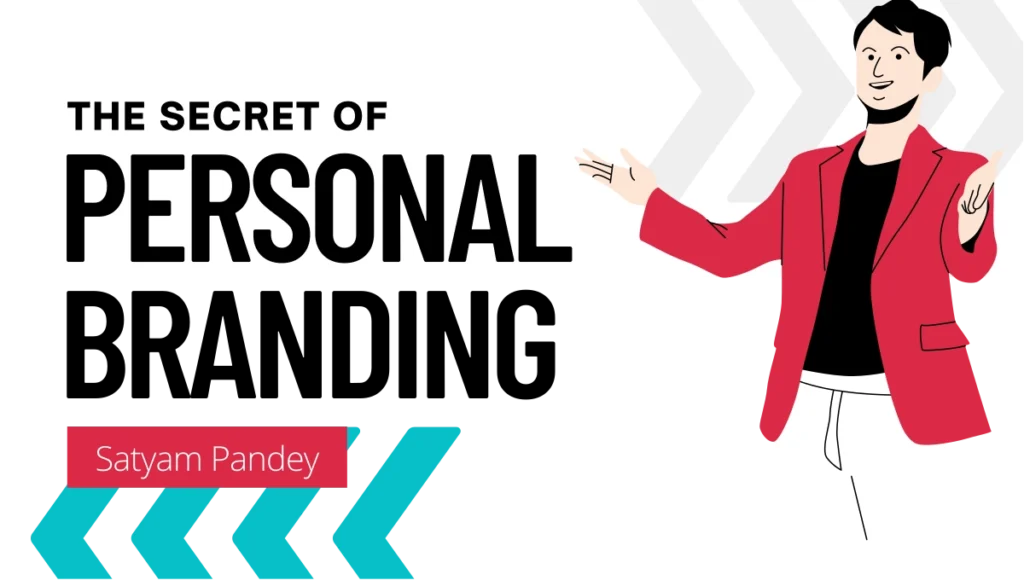
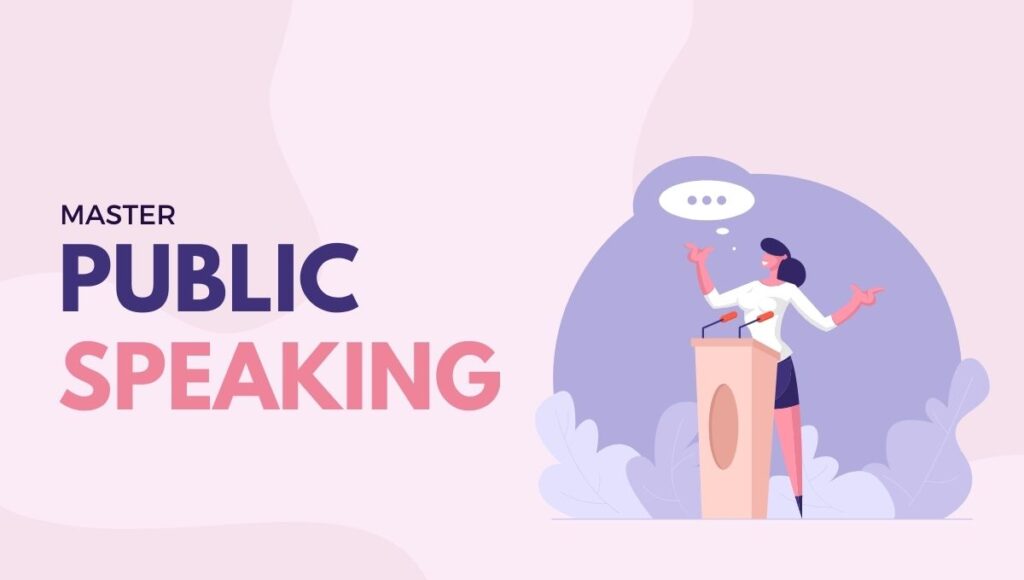
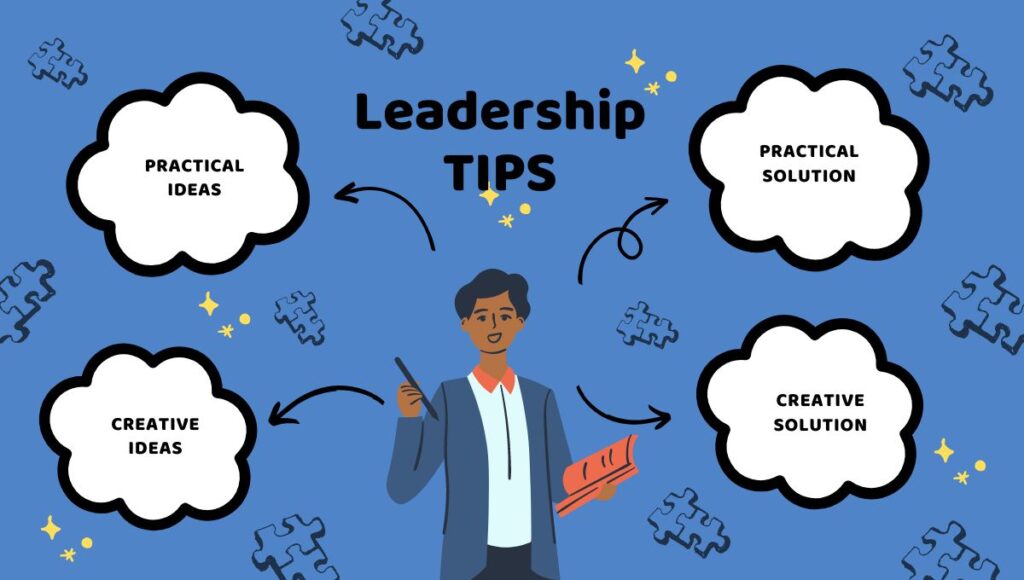
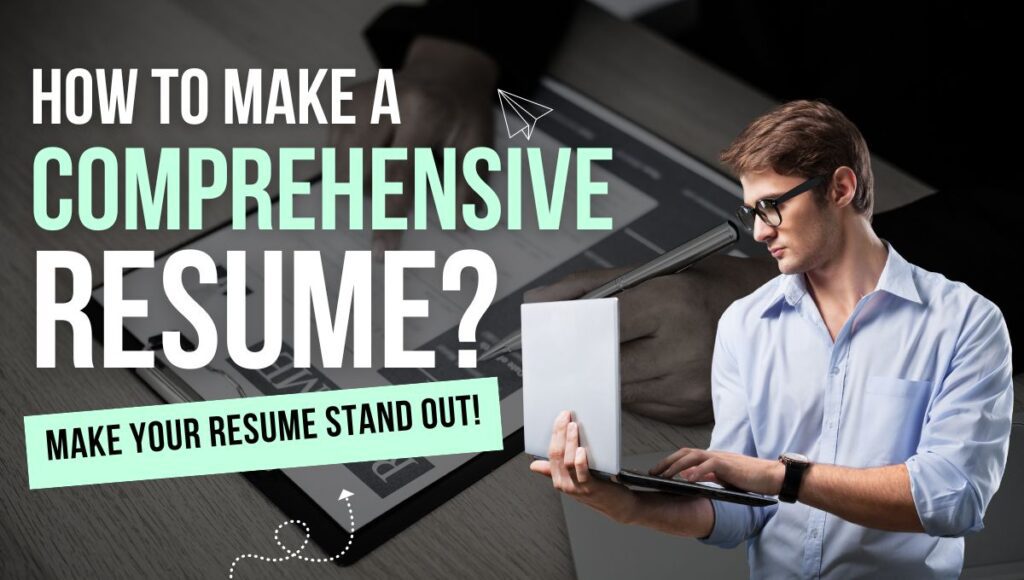
I am going with the interview process now, and this gave me just that push which I needed. Thank you for the awesome tips and sharing your own personal story. Will definitely share about my next interview and how it goes after implementing this tips.
All the best for your interview. Please do share and follow for more.